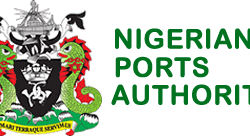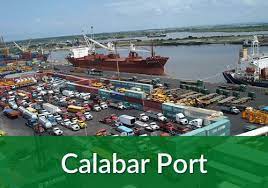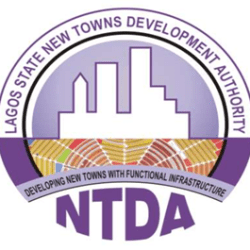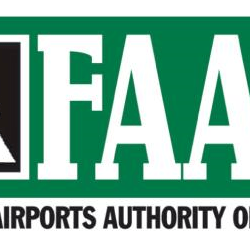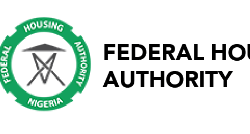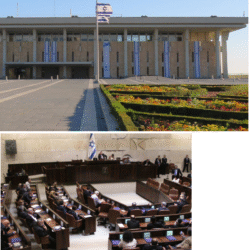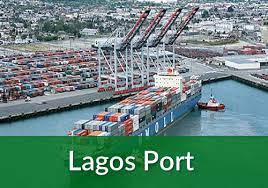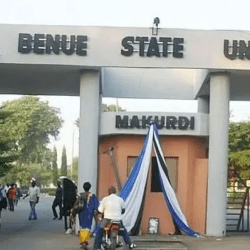
The Nigerian Ports Authority (NPA) is a Federal Government Agency that governs and operates the Ports in Nigeria. The major Ports include; Lagos Port Complex and Tin Can Island Port Complex both in Lagos State. The Calabar Port Complex in Cross River State. The Delta Ports in Warri, Delta State and the Rivers Port Complex and Onne Port Complex both in Rivers State.






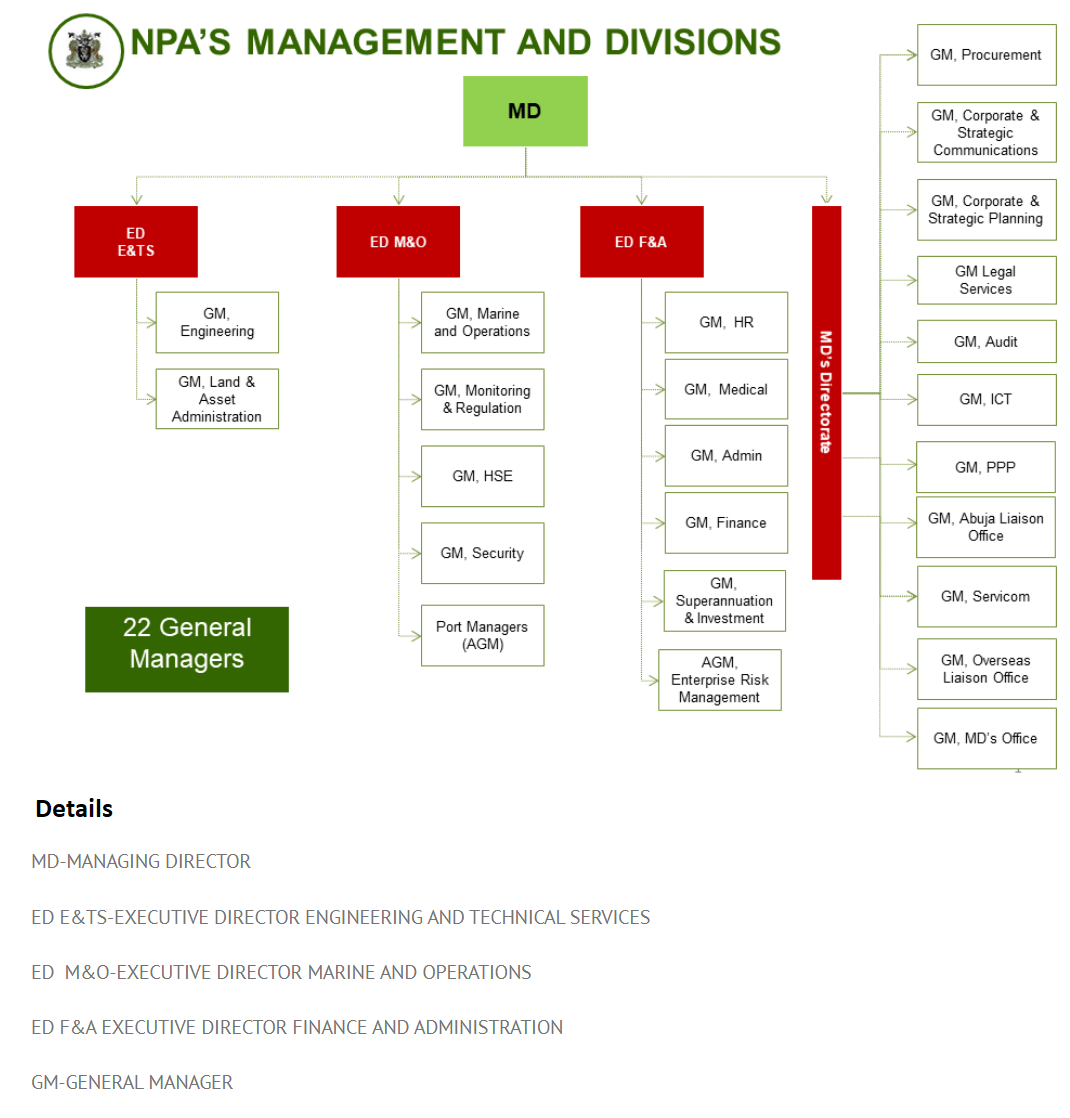
Our operations are carried out under the supervision of the Federal Ministry of Transportation. We also operate in collaboration with other Government Agencies.
The Head Office of the Nigerian Ports Authority is located at 26/28 Marina, Lagos, Nigeria.
Statutory Duties And Functions
- Develop, own and operate ports and harbours
- Provide safe and navigable channel
- Offer cargo handling and storage services
- Maintain Port facilities and equipment
- Ensure safety and security
- Develop and own property
This system hindered port development and curtailed operational efficiency. The ports became less competitive and a conduit to drain the meager national resources.In an attempt to change this trend, the activities of the Authority (NPA) were commercialized and offered greater autonomy in accordance with the recommendation of the Technical Committee on Privatization and Commercialization. However this could not bring the expected improvement because of the public service bureaucracy and interference. It was later revised to the initial status.
In an effort to reposition and enhance the national economy, the Federal Government embarked on various reform initiatives in the public sector, which includes the maritime sub-sector. This initiative was to foster an economy that is responsive, robust, private sector oriented and in line with the international best practices. In line with the reform programme, the transactions commenced with the advertisement for Expression of Interest EOIs on the 3rd of December 2003 by the National Council on Privatization with the Bureau of Public Enterprises acting as the transaction agent. A total of 110 EOIs were harvested out of which 94 were pre-qualified.
Pre-bid conferences, Data room and physical due diligence were also done and request for proposals sent out to bidders. Technical bids were submitted and evaluated and financial offers also opened to determine the successful bidders.All the successful bidders negotiated their concession agreements with a public sector team made up of Nigerian Ports Authority and the Bureau of Public Enterprises. Successfully negotiated agreements were signed and transaction programmes initiated preparatory to handing over.
Under this new arrangement , the Authority ceded some of her functions and responsibilities as enumerated below:
Nigerian Ports Authority:
- Ownership and administration of land and water within port limits.
- Planning and development of port operational infrastructure.
- Leasing and concession of port infrastructure and setting bench mark for tariff structure
- Responsible for nautical/Harbour operations and hydrographic survey.
- Marine incidents and pollution
- Maintenance of safety and security at the common user areas.
- Enacting port regulations and bye-laws as well as monitor and enforce them
- Day to day monitoring of operations and enforcement of relevant sections of respective agreements.
- Towage, mooring, bunkering, ship chandelling and ship repairs
Private Sector:
- Cargo handling, stevedoring, warehousing and delivery.
- Acquisition of cargo handling and operations related equipment
- Development and maintenance of ports’ superstructure
- Maintenance of safety and security within the terminal
Federal Ministry of Transportation:
- Policy formulation and planning at national level of basic marine infrastructure.
- Legislation
- International relations
Ports development in Nigeria
Port operations and development in Nigeria began in the middle of the 19th century. The effort towards the provision of facilities for ocean going vessels started with the opening of Lagos Lagoon in the early 1909. The Apapa Port in the South West was earmarked for development in 1913 and construction of the first four deep water berths of 548.64m at the port began in 1921
The Port of Port Harcourt was conceptualised on discovery of coal at Enugu and was subsequently opened for the business in 1913. The completion of the railway line in Enugu in 1916 resulted in the development of four 1920 feet long berths at Port Harcourt to expedite the exploitation and eventual exportation of coal on one hand and the support of importation of goods on the other hand. The Nigerian Port Authority was established as a continuous Public Corporation by the Ports Act of 1954 to address the institutional weakness that bordered on lack of coherent policy framework as ports development were done on adhoc basis driven by changes on the level and demand of sea-borne trade.
In 2003, the Federal Government of Nigeria initiated the drive towards improving efficiency at out Ports, and the landlord model was adopted for all the Nigerian Ports. This gave rise to the concession of 25 Terminals to private Terminal Operators with lease agreement ranging from 10-25 years. One of the concessions was a Build, Operate and Transfer (BOT) arrangement. Also in the process of reorganising the ports, the former eight (8) ports were reduced to six (6) major ports, with two (2) ports in Lagos and four (4)in the east namely; Lagos Port Complex, Tin Can-Island Port Complex, Calabar Port, Rivers Ports, Onne Ports Complex and Delta Ports Complex respectively.
In line with the reform programme, the transaction commenced with the advertisement for Expression of Interest on the 3rd of December, 2003, by the National Council on Privatization with the Bureau of Public Enterprise acting as the transaction agent. A total of 110 EOIs were harvested out of which only 94 were pre-qualified.
Pre-bid conferences, Data room and physical due diligence were also done and request for proposals sent out to bidders. Technical bids were submitted and evaluated; the financial offers were also opened to determine the successful bidders.
All the successful bidders negotiated their concession agreements with a Public Sector Team made up of Nigerian Ports Authority and the Bureau of Public Enterprise. Successfully negotiated agreements were signed. Transition programme initiated preparatory to handing over. Under this new arrangement the Authority ceded some of her functions and responsibilities to the Private Sector.
